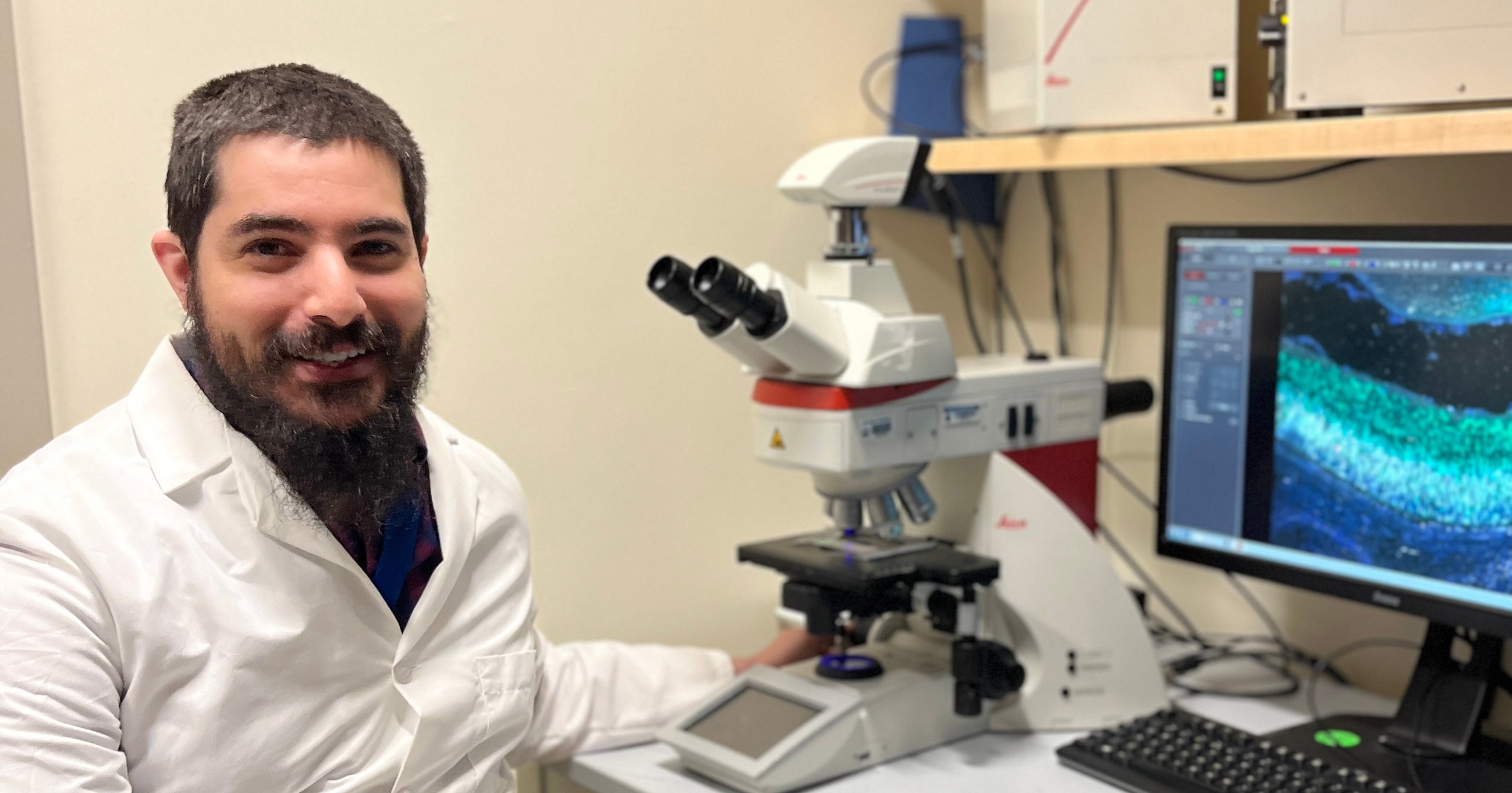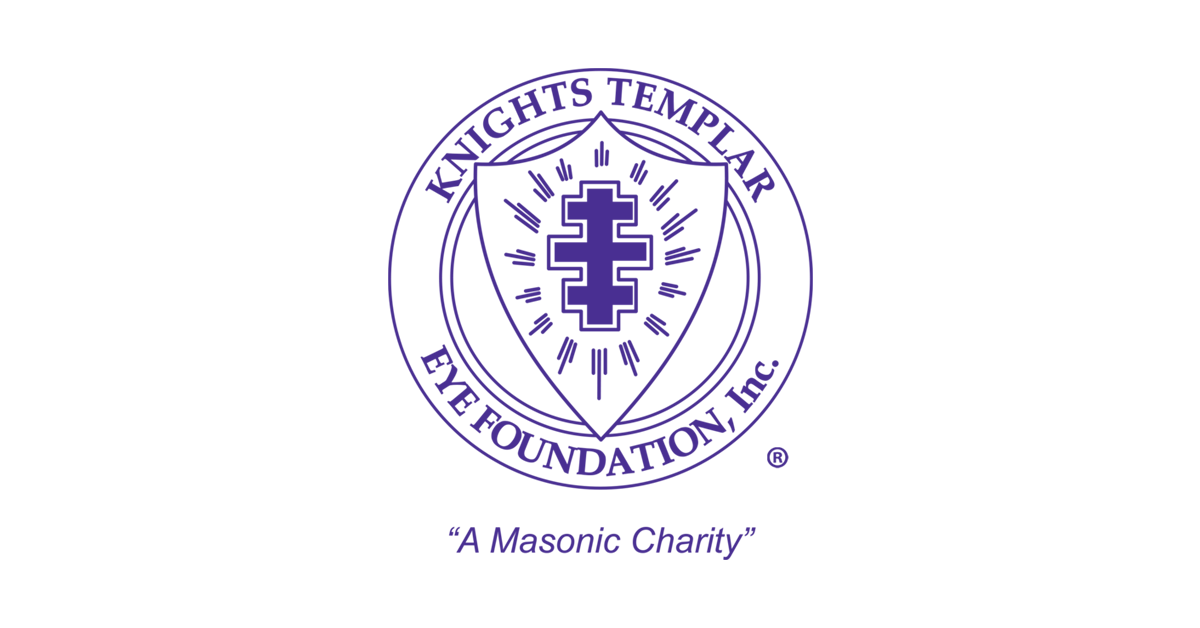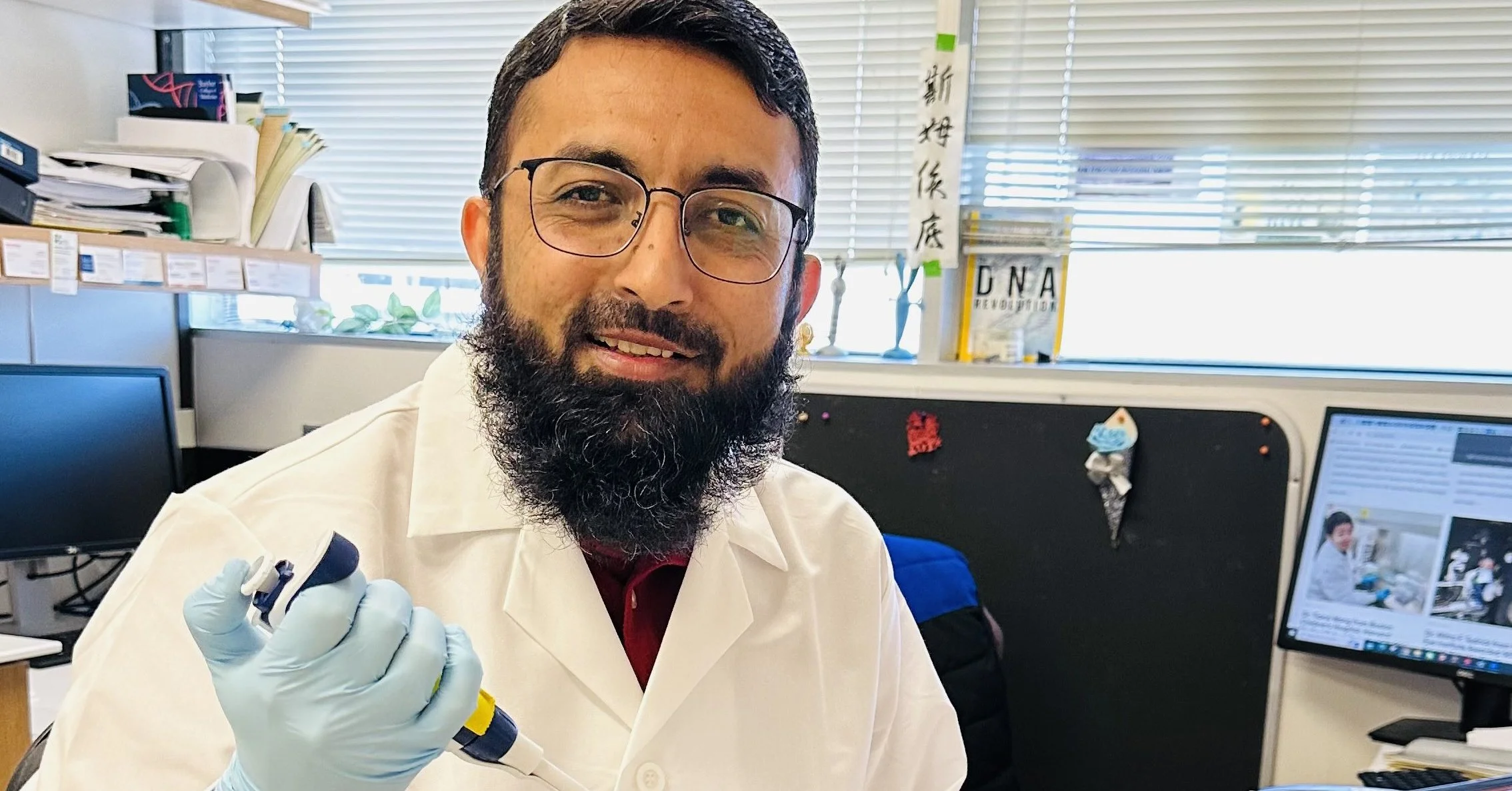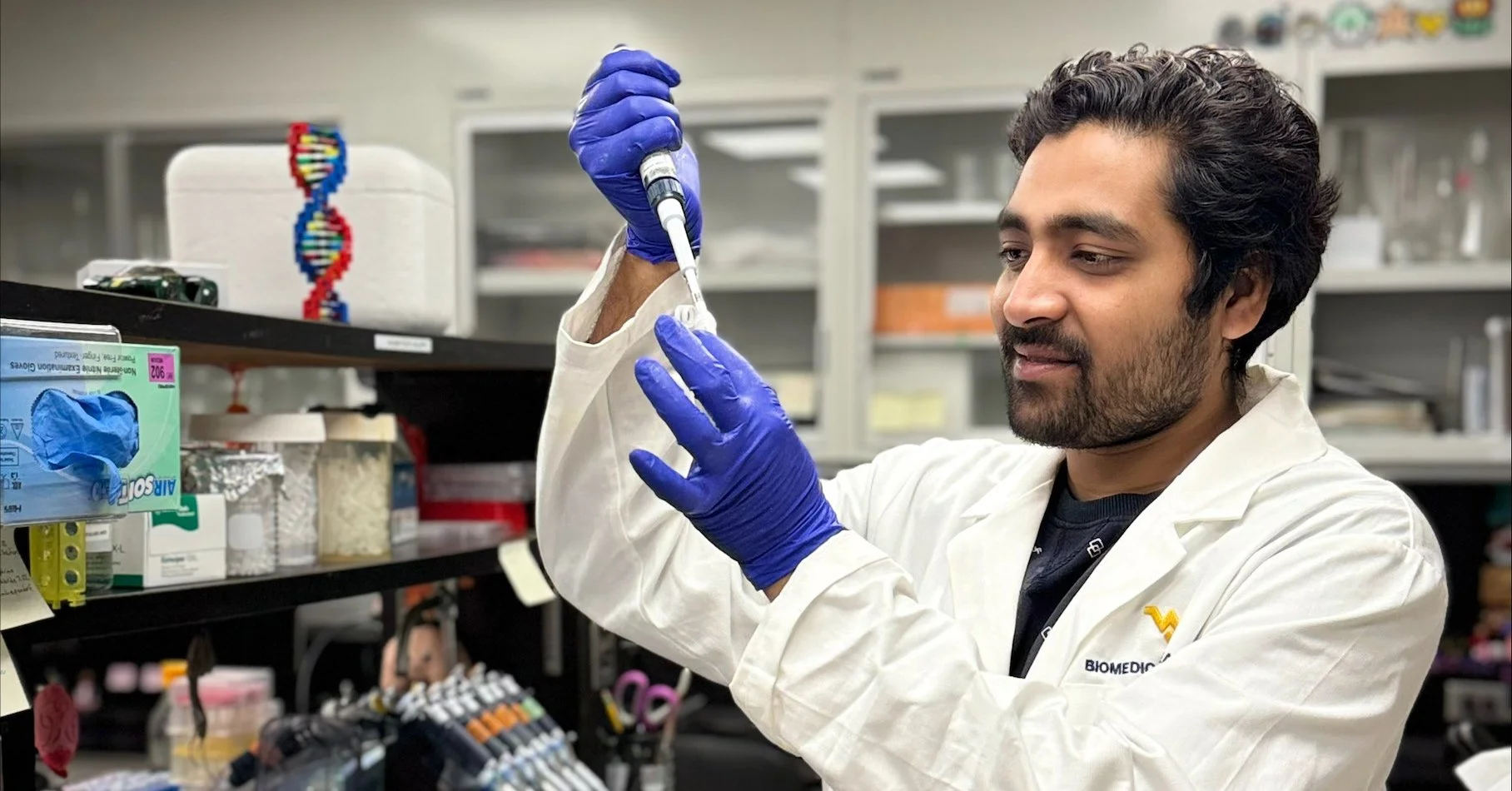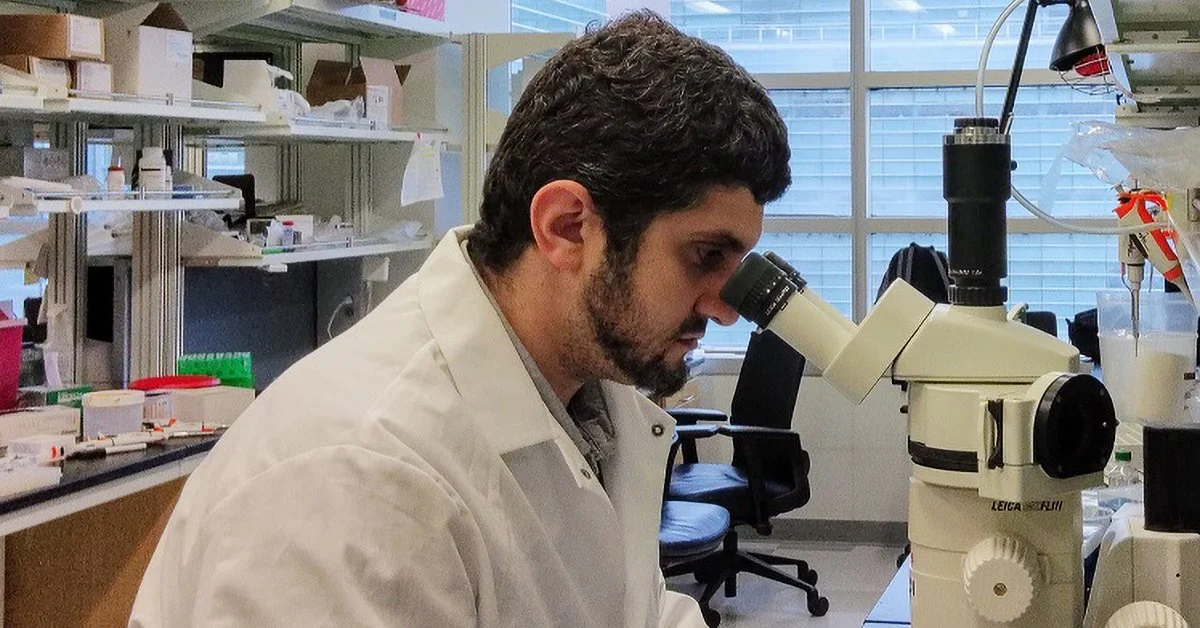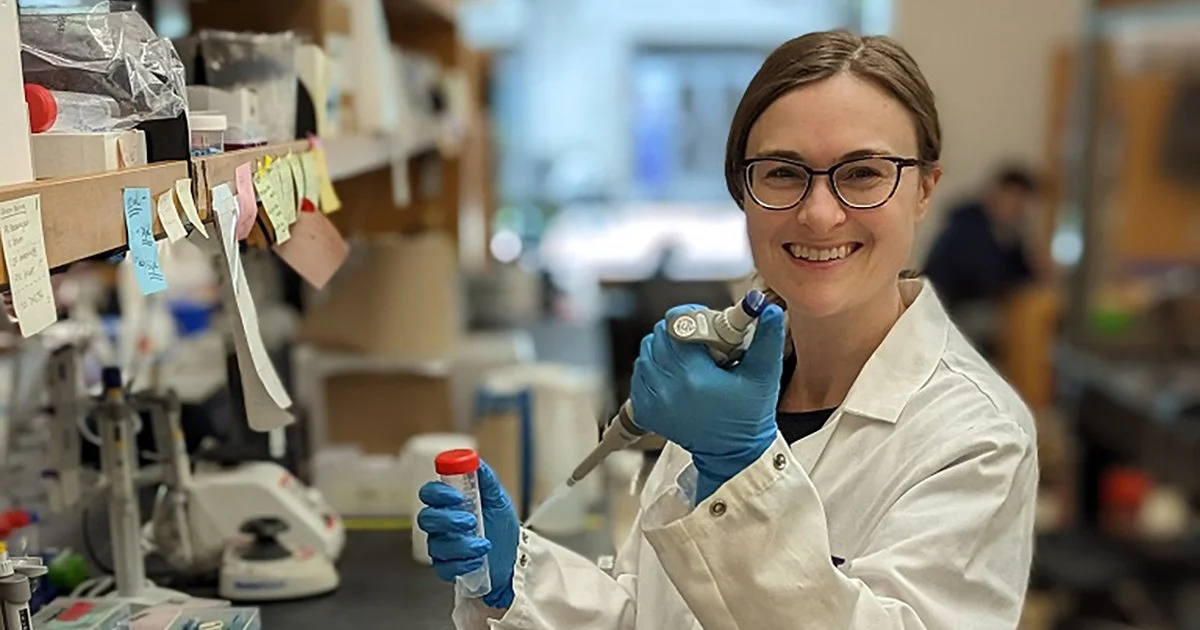Dr. Moudgil is using microscopy to visualize Otx2 folding during retinal development and to connect those structures to expression of Otx2.
Read MoreElucidating this molecular interaction will shed a light in the heterogeneity of congenital stationary night blindness severities and provide us with novel strategies to treat these conditions.
Read MoreDr. Manian will optimize the gene correction safety and efficiency, one step along the way to testing these techniques in patients. By combining the power of stem cell technology and gene editing, he hopes to pave the way for personalized treatments for patients with RP or Usher syndrome.
Read MoreYoung children with this mutation often develop high intraocular pressure and present clinically with severe form of glaucoma. Juvenile glaucoma with this mutation is often difficult to treat since current medication do not directly target mutated gene. They will test whether these lipid nanoparticles reduce mutant protein and rescue a mouse model of glaucoma caused by these mutations. The successful completion of these studies will identify novel therapeutic targets for myocilin-associated glaucoma.
Read MoreFunds for the operation of the Knights Templar Eye Foundation (KTEF) are obtained from an annual assessment of each Knight Templar, contributions made by Masons from throughout the Masonic Family, fund-raising activities, memorials, wills and bequests, and donations from endowment funds or similar sources.
Read MoreDr. Jabroun will use different tools, like retinal imaging, to compare certain measurements in the eyes of children with disc swelling, those with pseudopapilledema, and those with healthy eyes. The researchers hypothesize that certain measurements related to retinal function will be higher in eyes with true disc swelling compared to pseudopapilledema and healthy eyes. Dr. Jabroun also aims to understand how these measurements change with age in children.
Read MoreDr. Hussain will expand the understanding of the genotypic and phenotypic correlation of DDX41, which will be beneficial for undiagnosed IRD patients, future gene therapy, patient management, and genetic counseling for individuals with similar diseases.
Read MoreThe study aims to understand how shortened EYS proteins function in a zebrafish model with EYS-related mutations and to develop a method for delivering the EYS gene using dual vectors. These efforts could lead to gene therapy treatments for EYS related retinal diseases, addressing challenges linked to gene size and model limitations and contributing to advancements in understanding and treating these conditions.
Read MoreFor more than two decades, the Knights Templar Eye Foundation, Inc. (KTEF) has supported Boston Children's researchers working to treat, cure, and prevent vision loss. Now, through a $2million gift matched by the Children’s Hospital Ophthalmology Foundation, Boston Children’s Hospital has established the KTEF Research Endowment.
Read MoreHe aims to answer the question: How does impaired protein glutamylation, observed in our mouse model for CCP5-linked blindness, affect photoreceptor function? With the knowledge gained, he proposes to identify novel therapies for blindness resulting from genetic mutations that disrupt the removal of glutamate residues (deglutamylation).
Read MoreDr. Abdelrahman aims to study a mouse model of ROP to understand how the tissue regulate the clearance process and what are the differences between the cells in the ability to clear up the corpses. He also has successfully designed a unique molecule that help cells to clear the corpses faster and with better outcome.
Read MoreAs Knights Templar we spread the news of the Light of the World by the way we live our lives and by spreading the Gospels to anyone in need. We bring physical light by providing funding to improve vision through research, education, and supporting access to care. Somewhere in the world, someone goes blind every 5 seconds. I ask you to continue to support the Knights Templar Eye Foundation, Inc. in its mission. Bring the light to those that sit in darkness. Continue the miracles of Jesus Christ by contributing to the 57th Voluntary Campaign. During your next Christmas Observance, pass the plate to collect for the Foundation. Your dollars provide light.
Read MoreThe Knights Templar Eye Foundation Inc. has announced a Pediatric Ophthalmology Research Grant Award Program of $3 Million. The Knights Templar Eye Foundation Inc. (KTEF) invites eligible investigators (clinician scientists and basic research scientists) to submit applications for Pediatric Ophthalmology Career-Starter Research Grants for the next award period of July 1, 2025, to June 30, 2026.
Read MoreThe Children’s Eye Foundation of the American Association for Pediatric Ophthalmologists and Strabismus (AAPOS) has received funding from the Knights Templar Eye Foundation (KTEF) to support educational outreach programs. KTEF awarded $250,000 to CEF’s Stop Infant Blindness in Africa (SIBA) program, as well as $100,000 to the Global Education & Training program.
Read MoreCongratulations to Thomas C. Lee, MD on receiving the Grand Encampment Knights Templar USA National Award for his dedicated work fighting childhood blindness and his service to the Knights Templar Eye Foundation.
Read MoreBased on this study, he can repurpose this approved medicine for a clinical trial in ROP infants. He hopes this medicine will help the infants recover from such a blinding disease and let them see well again.
Read MoreDr. Young’s focus is on developing new techniques which combine gene therapy with drug treatment to prevent retinal ganglion cell death in an animal model of NF1. He will also evaluate their effectiveness in maintaining vision.
Read MoreBecause there is now access to cutting edge cameras which can produce 3D representations of the retina and vessels with high resolution, Dr. Young aims to precisely define the rate of vessel growth in prematurity and ROP, as well as characterize microvascular changes at the edge of ROP, with the goal to provide novel avenues to predict disease.
Read MoreDr. Wang proposed a new strategy to perform gene editing in the eye using circular RNAs, a class of highly stable RNA molecules, delivered into retinal cells by nanoparticles. He envisions that this work will lead to safer treatments for childhood retinal diseases, and potentially other vision disorders.
Read MoreEmerging evidence suggests that sensory symptoms of autism are caused, at least in part, by changes in sensory organs, in addition to changes in the brain. This includes the retina, which is the entry point to the visual system and is critical for sight and a wide variety of other visual functions, like regulating the sleep-wake cycle. However, little is known about how the retina is affected and whether changes in the retina contribute to visual symptoms in autism or Fragile X syndrome.
Read More

